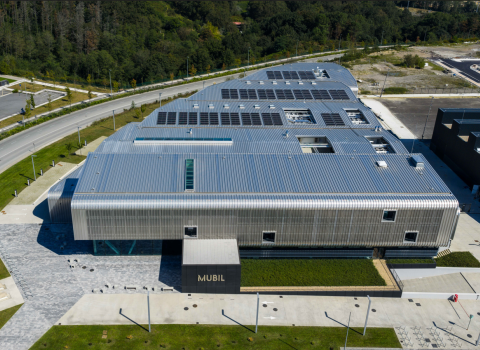The GroenvermogenNL R&D consortium HyUSE has been granted a subsidy of over €14 million over the next six years for research developing the use of hydrogen in the transition to a more sustainable and low-carbon energy future in the Netherlands. Utrecht University is the scientific lead of this consortium and is also involved in GroenvermogenNL research into transport and storage (WP2).
Leveraging green hydrogen
The HyUSE consortium (WP3) is investigating hydrogen technologies and applications with the expectation of broad market introduction in the Netherlands around 2030. Scientifically led by Utrecht University, the consortium will focus on how hydrogen can be used to make processes that require high temperatures carbon-free, generate electricity during times when solar and wind energy are insufficient, and serve as a vehicle fuel which means trucks and ships emit water vapour rather than harmful gases. It will also investigate the use of hydrogen in heating homes, determining in which segments of the built environment the application of hydrogen is optimal. These research strands will consider financial, environmental, safety and comfort aspects as well as the social impact.
HyUSE has been spearheaded by Utrecht University’s Dr. Hamed Aslannejad, an assistant professor at the Copernicus Institute of Sustainable Development, who serves as Technical Manager. “Within our consortium of key knowledge institutions and involved industries, we are collectively addressing the prominent challenges related to the direct utilization of hydrogen within the Dutch context, leveraging the clean and versatile attributes of green hydrogen in our pursuit of sustainability and energy transition,” says Aslannejad.
A consortium of 30 partners
Coordinated by TNO and scientifically led by Utrecht University, HyUSE is a consortium of 30 parties, including eight universities, five universities of applied sciences, three research institutes, and 14 industrial partners. With contributions from industry and other institutions, the program will have over 16.5 million euros for groundbreaking research into the direct use of hydrogen over the next six years.
This article was first published on 6 December by Utrecht University.





 A unique international forum for public research organisations and companies to connect their external engagement with strategic interests around their R&D system.
A unique international forum for public research organisations and companies to connect their external engagement with strategic interests around their R&D system.